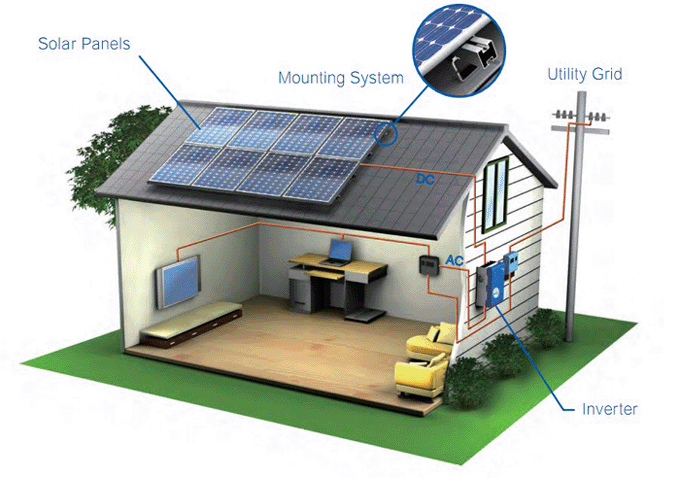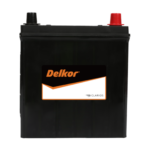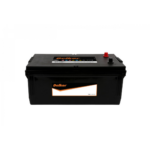
Choosing the Right Solar Panel System for Your Home
Introduction
The decision to switch to solar energy for your home is a significant step toward reducing your carbon footprint and saving on energy costs. But with the variety of solar panel systems available, choosing the right one can be a daunting task. In this guide, we’ll walk you through the process of selecting the best solar panel system for your specific needs and budget. By the end of this article, you’ll have a clear understanding of the factors to consider and the steps to take in making this important decision.
Assess Your Energy Needs
Before you begin the journey of selecting a solar panel system, it’s crucial to assess your home’s energy needs. Start by looking at your past energy bills, ideally spanning the course of a year, to understand your consumption patterns. This information will help you determine the size of the solar panel system you’ll require.
Consider Your Roof’s Suitability
Your roof plays a pivotal role in the installation of solar panels. It’s essential to evaluate its suitability for solar installation. Factors to consider include:
1. Roof Orientation: South-facing roofs generally receive the most sunlight, but east and west-facing roofs can also be viable options.
2. Roof Angle: The ideal angle for solar panels varies by location, but an angle close to your geographical latitude often works well.
3. Roof Material: Solar panels can be installed on various roofing materials, but it’s important to ensure that the roof is in good condition and capable of supporting the added weight.
Understand Different Types of Solar Panels
There are several types of solar panels available, with the most common being monocrystalline, polycrystalline, and thin-film solar panels. Each has its advantages and considerations:
1. Monocrystalline: Known for high efficiency, monocrystalline panels are space-efficient and perform well in limited spaces.
2. Polycrystalline: These panels are cost-effective and offer good performance but may require more space.
3. Thin-Film: Thin-film panels are lightweight and flexible, making them suitable for certain applications, but they are generally less efficient than crystalline panels.
Budget and Financing
Setting a budget is a critical step in choosing the right solar panel system. Solar panel costs have decreased over the years, making it more affordable for homeowners. You may also consider various financing options such as purchasing, leasing, or a power purchase agreement (PPA).
Incentives and Rebates
Check for available incentives, rebates, and tax credits in your area. These can significantly reduce the upfront cost of your solar panel system, making it even more cost-effective.
Choose a Reputable Solar Installer
Selecting a reputable solar installer is just as important as choosing the right solar panel system. Look for a company with a track record of successful installations and satisfied customers. They can provide expert guidance and handle the installation process efficiently.
Conclusion
Choosing the right solar panel system for your home is a decision that can lead to long-term energy savings and a reduced environmental impact. By assessing your energy needs, considering your roof’s suitability, understanding different types of solar panels, setting a budget, and taking advantage of incentives, you’ll be well-equipped to make an informed decision. Partnering with a trustworthy solar installer will ensure a smooth transition to clean and sustainable energy for your home. With the right system in place, you can start enjoying the benefits of solar power and contribute to a greener future.





